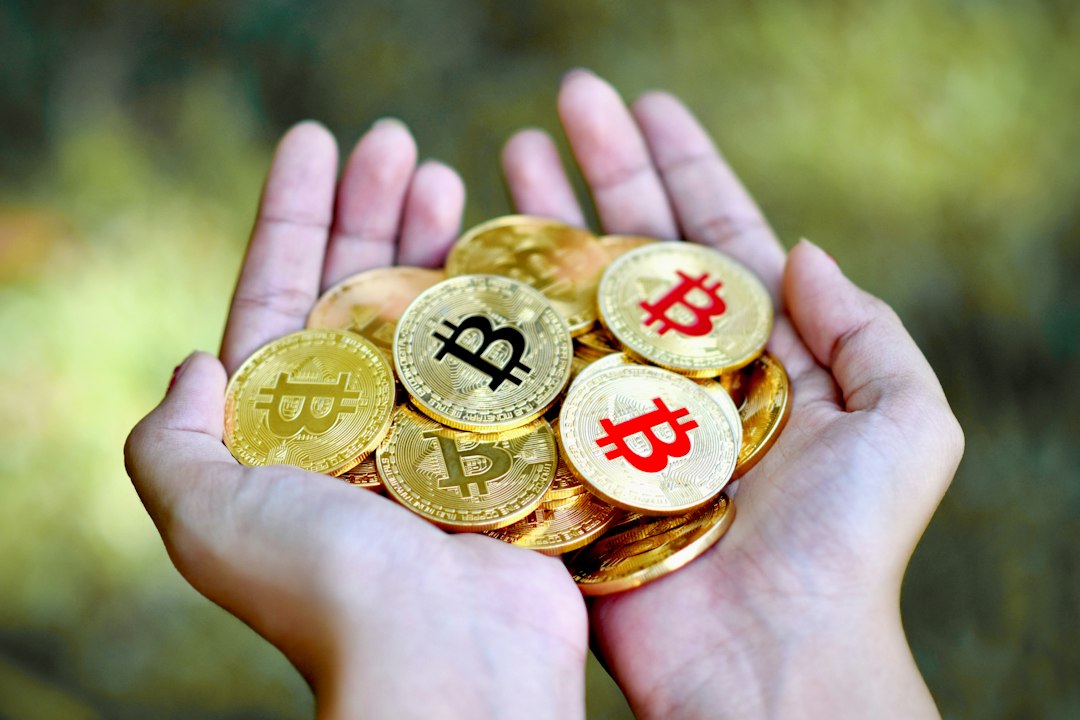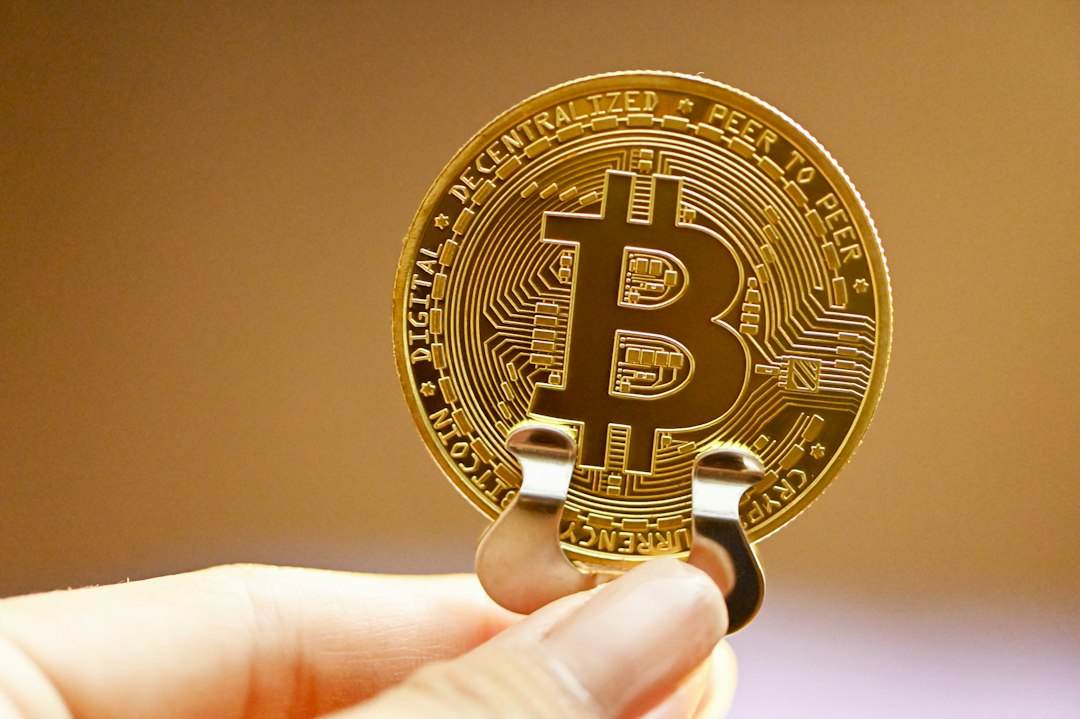G20 Finance Ministers and Central Bank Governors Adopt Crypto Roadmap
The G20 Finance Ministers and Central Bank Governors (FMCBG) have embraced a crypto roadmap aimed at establishing a coordinated regulatory framework for all member countries. The roadmap, which is based on updates from the International Monetary Fund and Financial Stability Board, emphasizes the need to enhance the World Bank’s capacity to assist low and middle-income nations in meeting global challenges.
Addressing Risks and Enhancing Regulation
The roadmap calls for jurisdictions to implement anti-money laundering and counter-terrorist financing standards set by the Financial Action Task Force (FATF). These measures are intended to mitigate criminal and terrorist misuse of cryptocurrencies. In early 2023, the FATF urged countries to adopt the Travel Rule, with only 29 out of 98 jurisdictions meeting the requirements thus far. Market developments related to sanctioned actors, decentralized finance, and peer-to-peer transactions will be monitored by the FATF in 2024.
G20’s Future Plans for Crypto Regulations
The G20 aims to finalize recommendations from the Financial Stability Board (FSB) for global stablecoins within the next two years. Additionally, the International Organization of Securities Commissions (IOSCO) is expected to provide recommendations on assessing risks associated with decentralized finance. However, the roadmap does not mention non-fungible tokens (NFTs). It is worth noting that granting crypto status as official currency or legal tender is discouraged for both G20 members and countries outside the group.
Hot Take: G20 Takes Significant Steps Towards Coordinated Crypto Regulation
The adoption of the crypto roadmap by G20 Finance Ministers and Central Bank Governors marks an important milestone in establishing a comprehensive regulatory framework for cryptocurrencies. By implementing anti-money laundering standards and monitoring market developments, the G20 aims to address risks and ensure financial integrity. The future plans for stablecoins and decentralized finance regulation demonstrate a commitment to staying ahead of emerging trends in the crypto industry. However, the lack of mention of non-fungible tokens (NFTs) raises questions about their position within the regulatory framework. Overall, the G20’s efforts are crucial in achieving macroeconomic and financial stability goals.





 By
By
 By
By
 By
By
 By
By
 By
By
 By
By